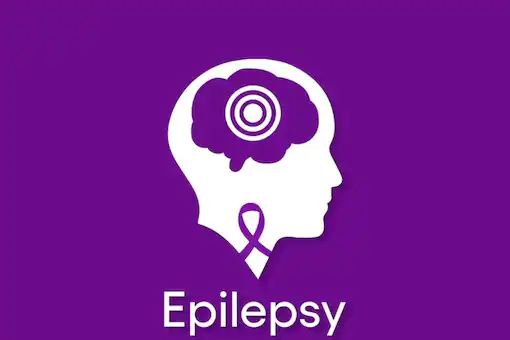April 8, 2024
A recent 16-week study conducted by researchers at The Ohio State University Wexner Medical Center and College of Medicine has shed light on the critical importance of seizure action plans (SAPs) for epilepsy patients. The findings, published in the journal Neurology: Clinical Practice, underscore the necessity of SAPs in empowering patients to effectively manage seizure emergencies.
Epilepsy, a neurological condition affecting millions of adults in the United States, poses significant challenges for patients, with up to 56% experiencing uncontrolled seizures despite medication. In light of these statistics, the study aimed to assess the impact of implementing standardized SAPs on epilepsy management and patient outcomes.
Led by senior author Lucretia Long, DNP, an epilepsy nurse practitioner and clinical associate professor of neurology at Ohio State, the study surveyed 204 adult epilepsy patients to gauge their perceptions of SAPs. Remarkably, 98% of participants expressed the belief that all epilepsy patients should have access to a SAP, regardless of seizure status.
The study’s co-investigator, Sarita Maturu, DO, an epilepsy physician and researcher at Ohio State, emphasized the significance of SAPs in mitigating the risks associated with uncontrolled seizures. “Many patients fear that they could have a seizure at any time, yet don’t have a plan. This highlights the need for a standardized educational intervention to help patients better manage seizure emergencies,” Dr. Maturu stated.
Despite the clear benefits of SAPs, the study revealed a gap in communication between healthcare providers and patients regarding these plans. However, the researchers found that implementing structured SAPs, coupled with educational interventions, could significantly enhance patient knowledge and confidence in managing seizure emergencies.
The study’s findings hold significant implications for epilepsy care, particularly in terms of improving patient education and engagement. “SAPs are efficient, cost-effective, structured education tools used to engage patients and caregivers to actively participate in managing their condition,” noted Dr. Maturu.
Looking ahead, the researchers advocate for the integration of electronic SAPs and the development of advanced practice provider clinics focused on customizing SAPs for individual patient needs. By prioritizing patient education and empowerment, healthcare providers can play a pivotal role in enhancing epilepsy management and improving patient outcomes.
As the medical community continues to explore innovative approaches to epilepsy care, the adoption of standardized SAPs represents a promising step towards empowering patients and ensuring safer, more effective management of seizure emergencies.











